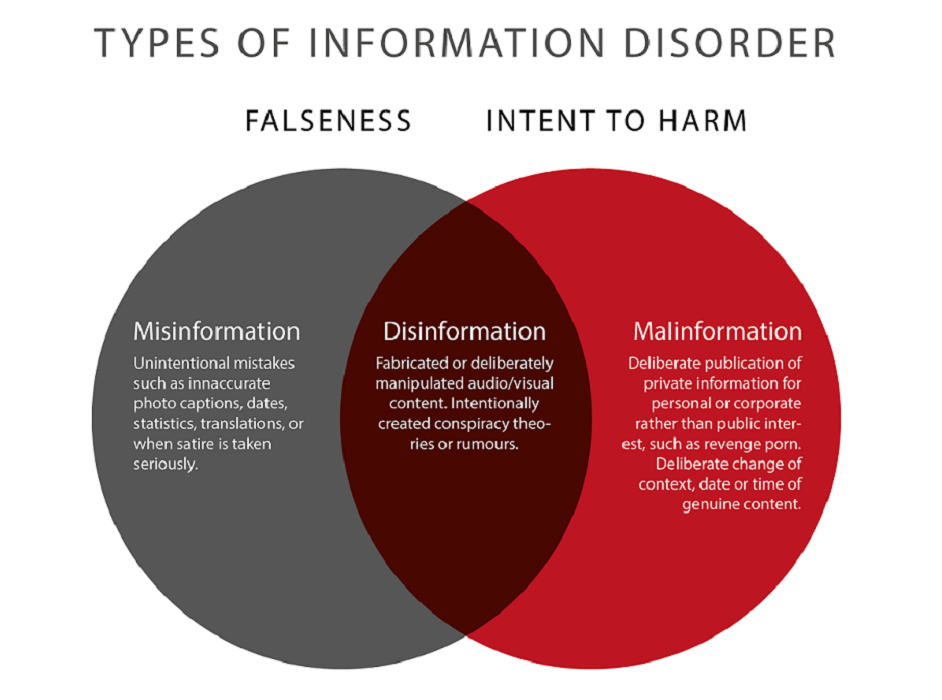Stopping Cyber Suppression
It is likely no surprise to anyone that more Americans are using social media for news and other information than ever before. Technology can be a force for good in many aspects of modern life, but in the field of elections and civic engagement, it can be twisted, manipulated and weaponized to interfere with and suppress the right to vote in our country. Since 2016, Common Cause has led a social media monitoring effort during federal and state elections, and, in conjunction with the Election Protection Coalition, has developed tools to enable monitoring and tracking of mis- and disinformation content, as well as rapid response techniques. We’ve witnessed a significant increase each year in the variety and volume of voter suppression content online. In nearly every election we see disinformation posts before, after, and on election day.
In 2020, due to the COVID-19 pandemic, voters faced a myriad of potential obstacles, including new processes for voting, changes to in-person voting options, new vote by-mail or absentee ballot procedures, restricted hours for voting, and all the consequences that follow those changes in policy, allowing bad actors to hijack social media in an attempt suppress voting and confused and intimidate voters. Our tools and strategies were used in the 2020 elections to protect voters and the right to vote for all, regardless of party or geography. Common Cause continues to work with our partners, using the tools and strategies developed by us, to protect our right to vote in every election!
Social media companies have a major role to play in preventing disinformation from appearing on their platforms, and we are working with them to remove the content we find and hold them accountable to strengthen their policies. Journalists, in addition to helping to get voters to the polls (or to the mailbox for vote-by-mail options), must be alert to the disinformation campaigns, as they play an important role in either echoing the disinformation or stopping and correcting it. And lawmakers and other elected officials, who are trusted messengers for elections-related information, need to be aware of any disinformation that is impacting their communities and constituents.
Disinformation is content that is false (even if it contains some truth) and deliberately created to harm a person, social group, organization or country.
Misinformation is false information but it is differentiated from disinformation by lacking an intent to harm any person, group or organization.
Malinformation is content that is accurate but is intentionally manipulated to cause harm, including voter suppression or voter confusion.
Image Credit: Claire Wardle & Hossein Derakshan, 2017.

What Platforms Can Do
Social media companies can strengthen their internal teams, practices and policies to make their networks a safer space for voters. Platforms — including Facebook — should immediately end any exceptions that allow politicians to distribute disinformation through their advertising. Platforms can better surface to users the context of any piece of content (including the original publication date of any news articles on the preview image). Social media companies should have more robust policies on labeling manipulated content, untrustworthy stories and disproven narratives, regarding elections and critical civics issues, particularly when they come from accounts with large followings and government agencies and officials. These stronger policies need consistent, immediate enforcement, and must result in real penalties like removal and banning accounts from the platform, which has been highly effective.
What Lawmakers Can Do
Congress has a role to play, and there are several legislative opportunities to make social media a safer place for voters. The transformational For the People Act (HR 1/S 949) that passed in the U.S House of Representatives in March 2019 and the SHIELD Act (HR 4617/S 2669), which passed the U.S. House in October 2019; both include the Deceptive Practices and Voter Intimidation Prevention Act (HR 3281/S 1834) and the bipartisan Honest Ads Act (HR 2592/S 1356). HR 3281 would prohibit deceptive practices and prevent voter intimidation by making it unlawful to knowingly provide false information, online or offline, about the time or place of voting or about the qualifications for voting, in order to prevent people from voting. The Department of Justice (DOJ) would be responsible for prosecuting violators. The Honest Ads Act would help voters by requiring disclosure of who paid for the online ads, with enforcement of violations by the Federal Election Commission and the DOJ.
What The Public Can Do
Individuals are the smallest players, but sometimes the most impactful, in addressing disinformation. Here are some key tips on how to help stop cyber suppression:
Do report disinformation or questionable content at reportdisinfo.org.
Our nonpartisan elections experts will review and address the disinformation, working with the social media platforms to remove it as necessary.
Do not engage with disinformation directly. Social media platforms reward engagement in their algorithms. This means any time a user comments or shares a post – even to try to debunk that post – they are helping to circulate that content to more users. As a rule, only engage with content you want to reward and spread. Here are some best practices for communicating about online disinformation.
Do promote trusted sources of information about voting and elections — including your state’s Secretary of State, Common Cause and other nonpartisan voter protection groups. Some good links include:
Do join the Common Cause Action Team’s Social Media Monitoring program at https://www.mobilize.us/protect-the-vote/event/470891/
Do educate yourself — read up on disinformation, and try your hand at the Bad News online game that shows how disinformation spreads and has been shown to help “inoculate” people against the effects of disinformation.